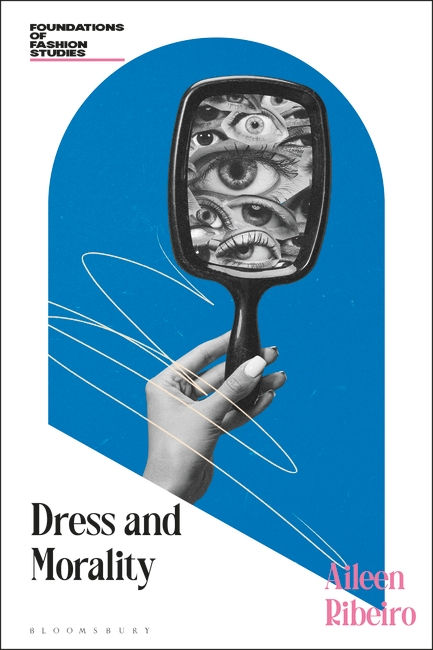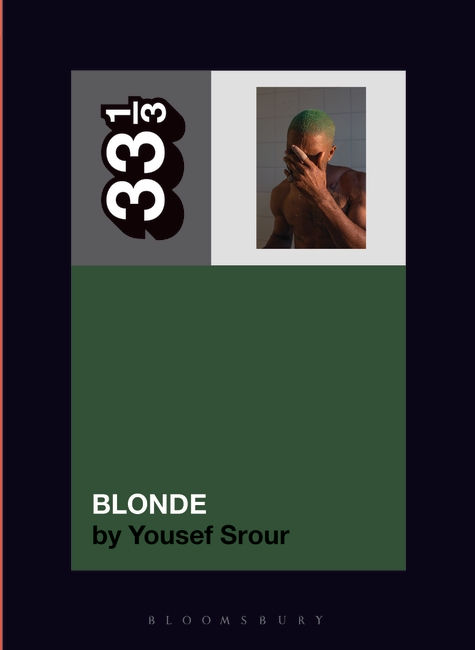Upon the release of Sufjan Stevens’ seventh studio album, Carrie & Lowell, two divergent groups found themselves as strange bedfellows: the LGBTQIA+ community and American evangelical Christians. Both were united in praise for Stevens’ beautifully melancholic music.
Critically acclaimed as one of the best albums of 2015, the elegiac and intimate record about the death of Sufjan’s estranged mother reflects the musician’s own paradoxical posture—Carrie & Lowell is both sacred and profane, Christian and queer, traditional and progressive, despairing and hopeful.
Theologian and cultural critic Joel Mayward considers Carrie & Lowell as a mystical metamodern memento mori, Sufjan’s symphonic (as opposed to systematic) approach to the questions of mortality, sexuality, and God. Fusing critical observations with personal narrative, Mayward examines the unique audience reception of Carrie & Lowell and the questions it raises: in a world of division, how might Stevens’ affecting music act as a bridge of love between seemingly irreconcilable communities? As Carrie & Lowell reminds us of the painful truth that “we’re all gonna die,” perhaps it also offers a glimpse of transcendence and hope on this side of death.
Sufjan Stevens' Carrie & Lowell
Joel Mayward
Explores the two opposing groups that found themselves as strange bedfellows upon the release of Sufjan Stevens’ seventh studio album, Carrie & Lowell,: the LGBTQIA+ community and American evangelical Christians, united in praise for Stevens’ beautifully melancholic music.
Rights Sold
All rights available
Chinese Simplified and Complex rights exclusively represented by ANA Beijing and Taiwan
Book Details
Imprint: Bloomsbury Academic
Publication Date: 13-11-2025
Format: Paperback | 4 3/4 x 6 1/2 | 160 pagesAbout the Author
Joel Mayward is Assistant Professor of Christian Ministries, Theology and the Arts at George Fox University in Oregon, USA. He is author of six books including The Dardenne Brothers’ Cinematic Parables: Integrating Theology, Philosophy, and Film (2022) and Theology and the Films of Christopher Nolan: Cinematic Transcendence (2025). He is also a cultural critic and writes about the intersection of art and religion.
Material Available

















